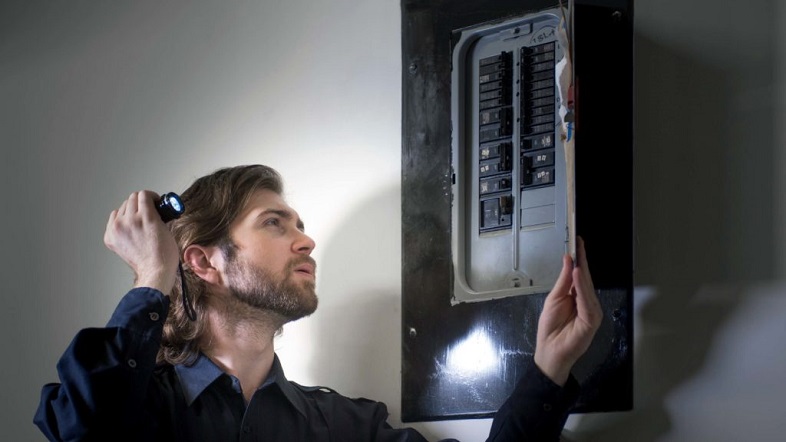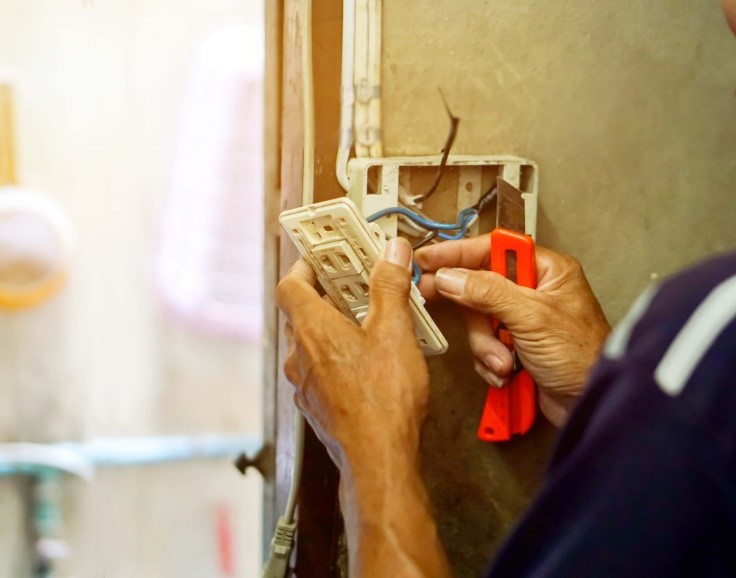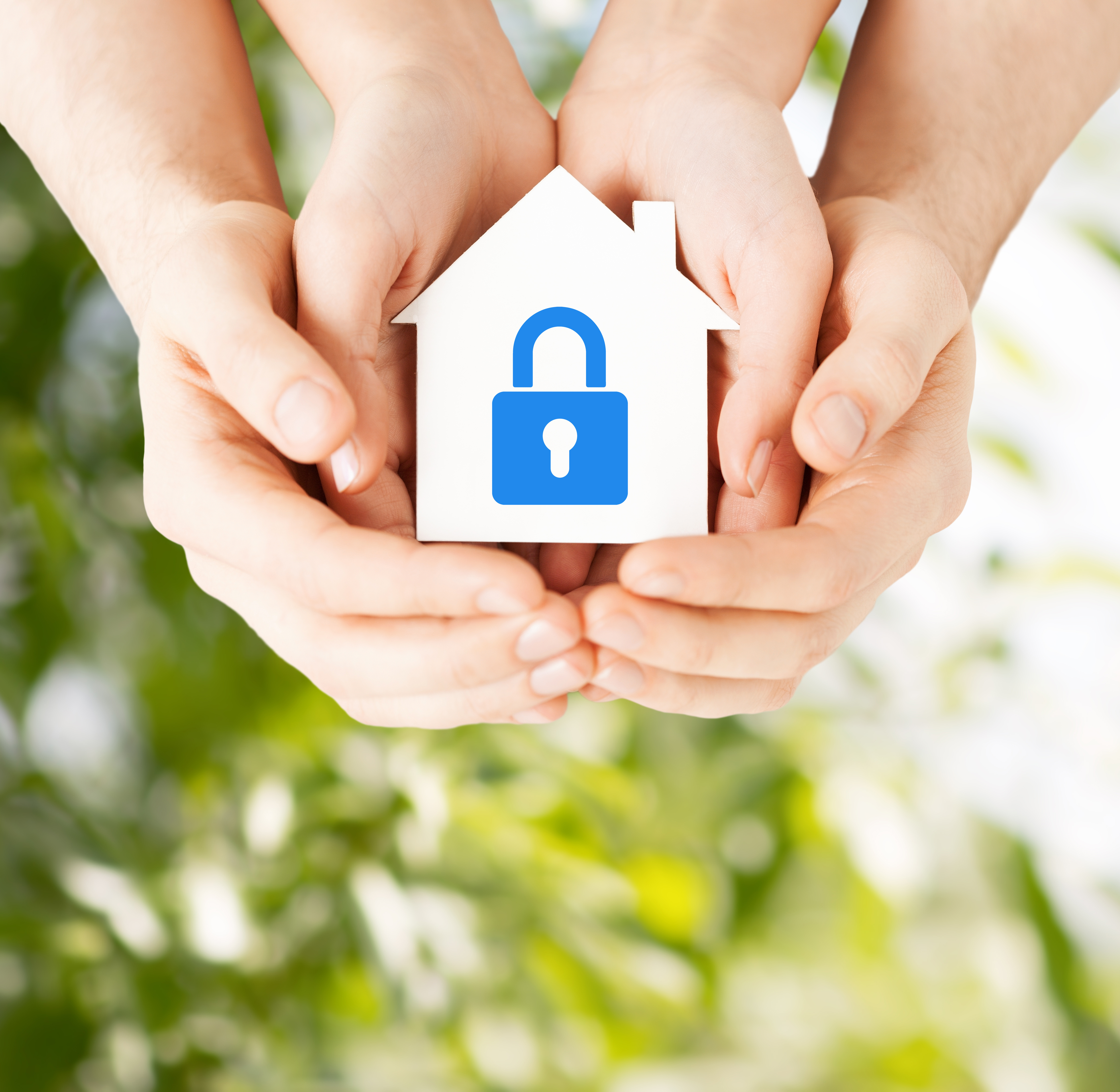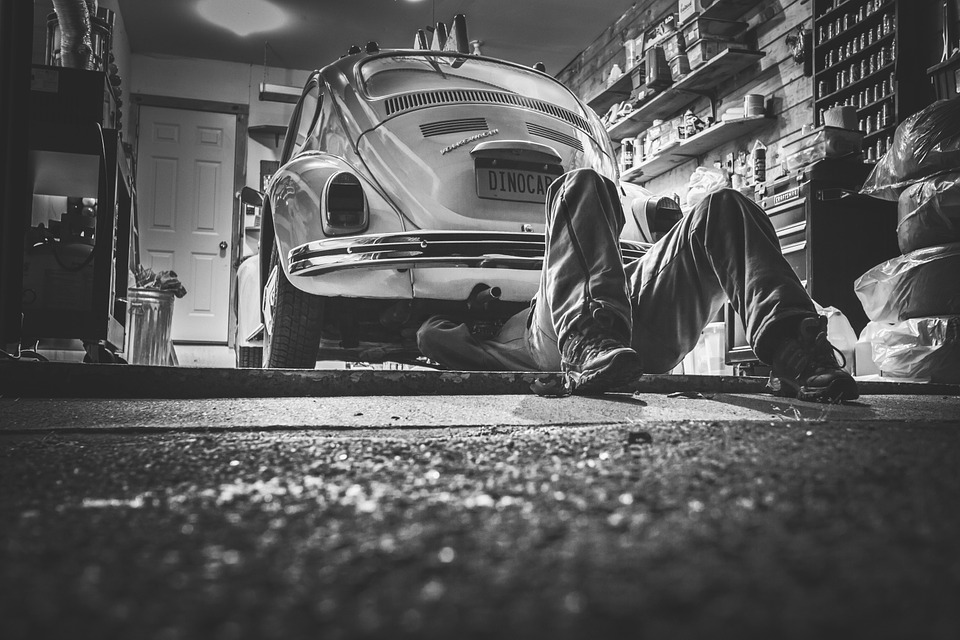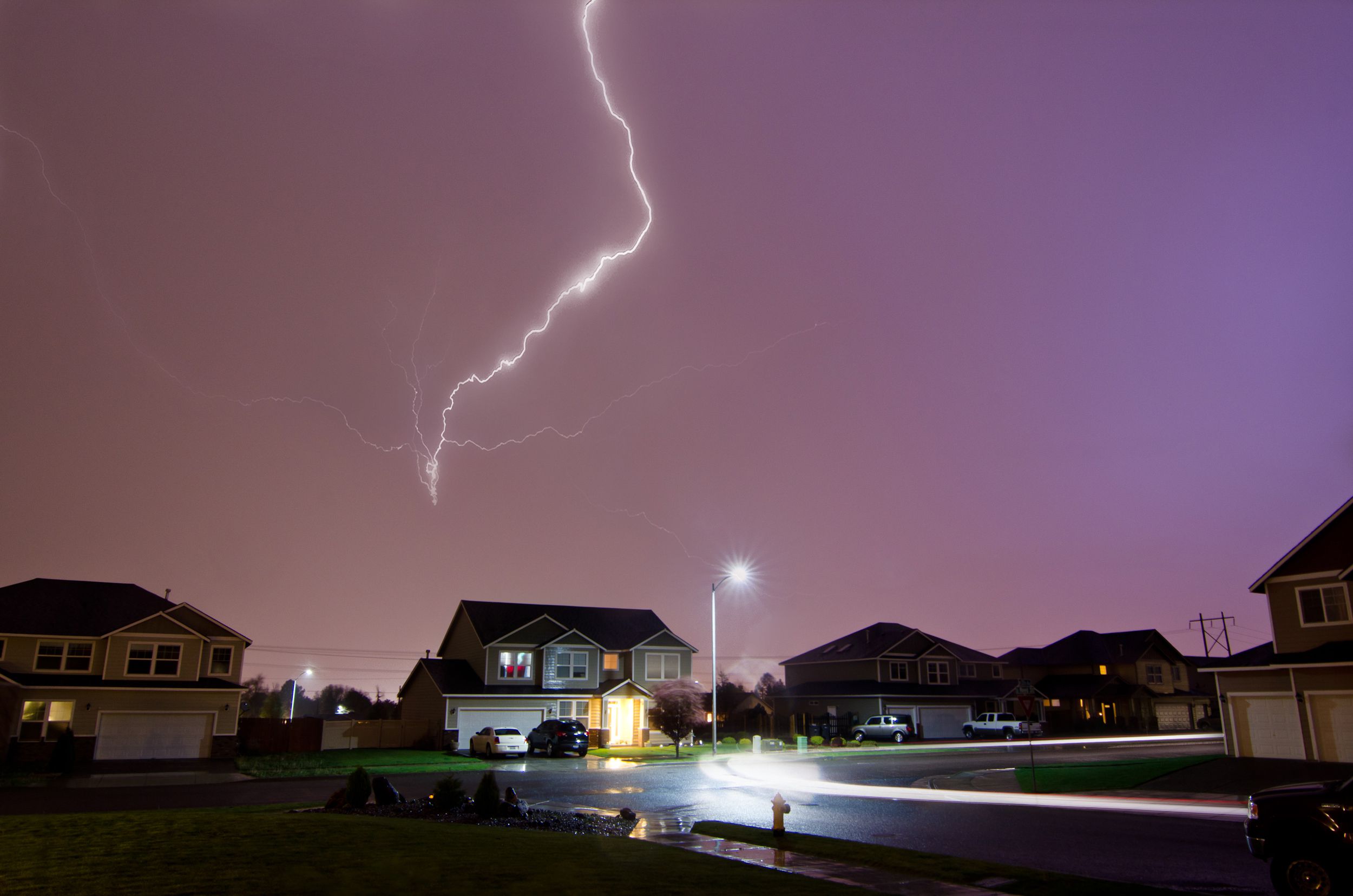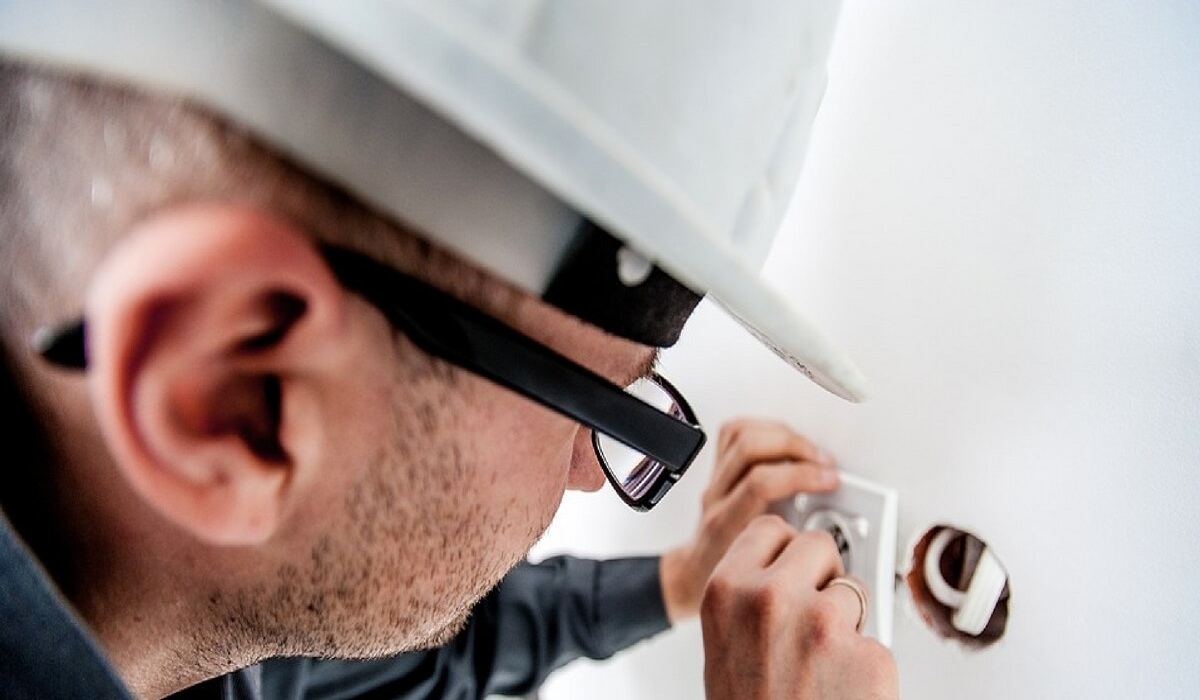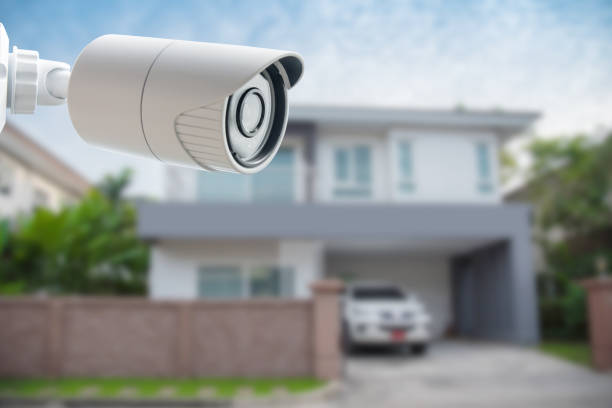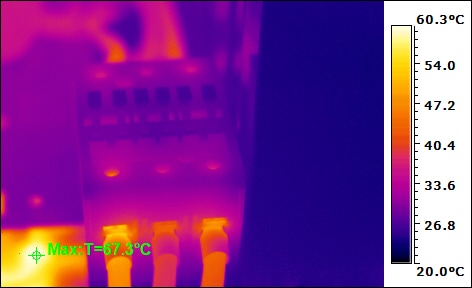How Safe Is Propane For Home Heating?
If you’re considering a propane heater, you may be wondering, “How safe is it?” If you’re not sure, read on to learn more. Propane heaters burn gas, which creates carbon monoxide. Carbon monoxide is an odorless, colorless gas that’s almost impossible to detect until it’s too late. As a result, you must have a working carbon monoxide detector in your home. Install one near the bedroom and test it regularly to ensure that it’s not malfunctioning.
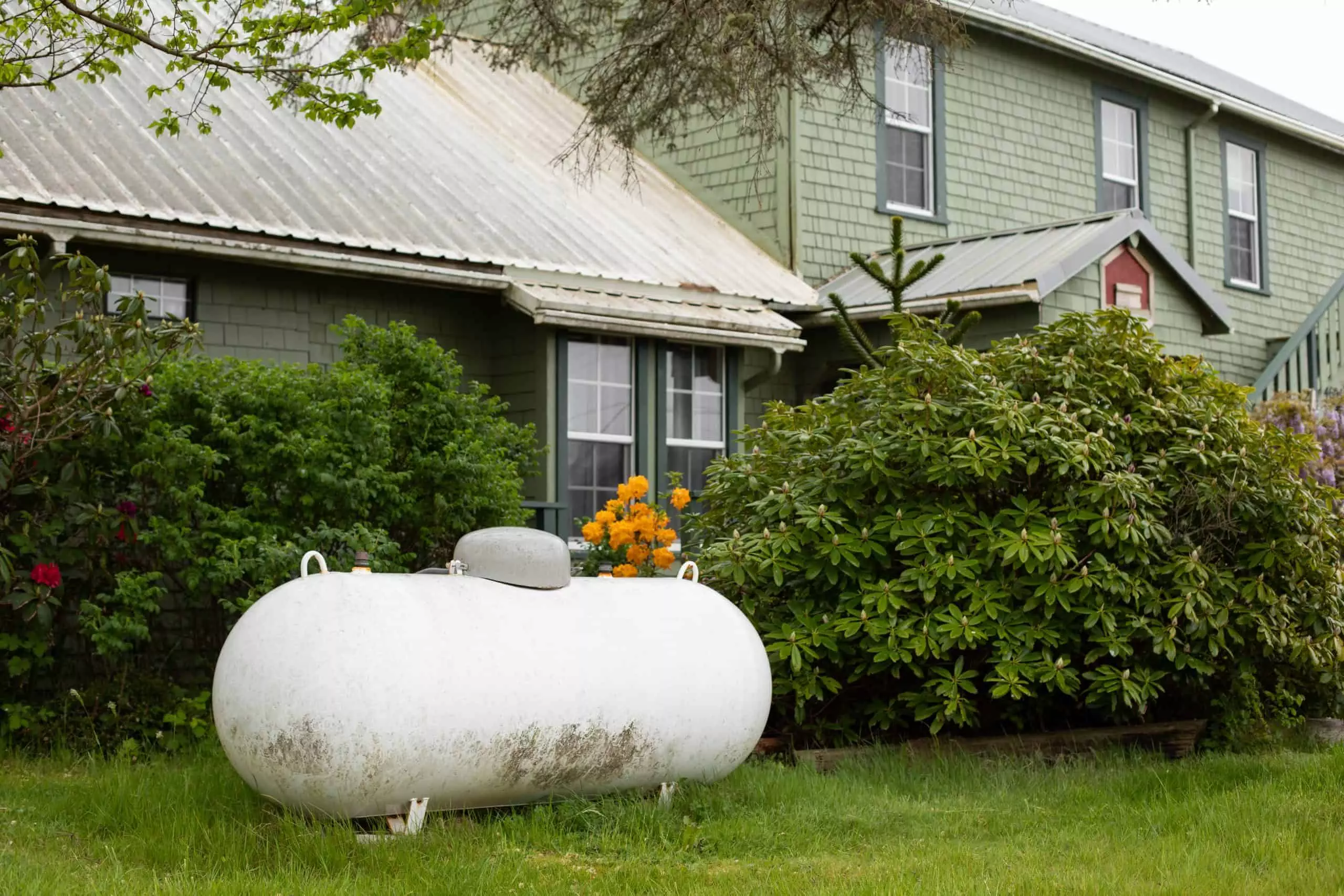
Propane tanks are dangerous because they are stored under high pressure. Any dented or ruptured tank can ignite, creating a massive fire. If you suspect a propane leak, disconnect the main gas valve and stay outside until a professional arrives to inspect your system. Propane tanks should be kept far away from electrical lines to minimize the risk of a fire. Propane is generally safe to use, but it is not foolproof.
While propane is considered safe for home use, there are several precautions you should take when using it. Propane is highly flammable, and an accident involving propane can cause significant damage. Propane heaters require you to inspect them for leaks, repair corrosion, and replace them at some point. Propane heaters are not suitable for use in homes where there are children or pets. Propane tanks should also be properly maintained.
Propane is generally less hazardous than natural gas, and because of its lighter weight, it is less likely to escape into the atmosphere. Propane is distributed through underground pipes owned by the natural gas company, while natural gas is stored in tanks on the property of the homeowner. Propane is more difficult to monitor and is a more expensive fuel option. However, there are still advantages to both propane and natural gas.
Propane tanks need a large amount of space. Consequently, you should leave plenty of room around them, as flammable materials can ignite them. Moreover, you should be sure to store propane tanks underground. In addition, propane tanks need a large space to work properly, so make sure to keep them away from flammable items, such as leaves, grass clippings, and debris. This will reduce the likelihood of an explosion or fire.
Propane heaters are also environmentally friendly, since they reduce emissions of greenhouse gases. Propane heaters also produce warmer air, compared to electric heat pumps that heat below body temperature. As a result, they are safer than electric heaters and can be more efficient. If you’re thinking about converting your home to propane, don’t hesitate. The process is relatively easy, and professionals will be able to install the propane tanks in your home.
Propane is a petroleum product, so even a small leak can have dire consequences. Propane odor is the first sign of a leak, and if you’re not able to smell the gas yourself, it’s time to take immediate action. If you do smell the odor of propane, turn off any open flames or other sources of combustion. The smell of propane can even obstruct your ability to detect a leak. Visit samsgas.com for more information.

I am Scott Miller and my love is writing about home improvement. I write mostly about home ideas, but also share some tips and tricks that can make your life easier when it comes to getting things done in the house.

